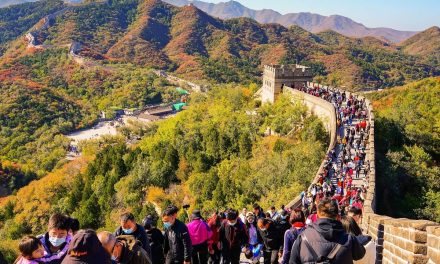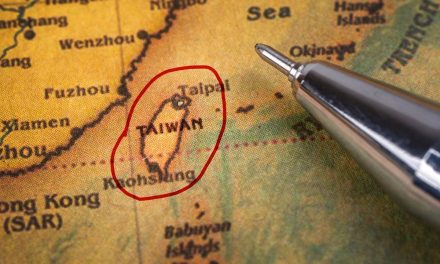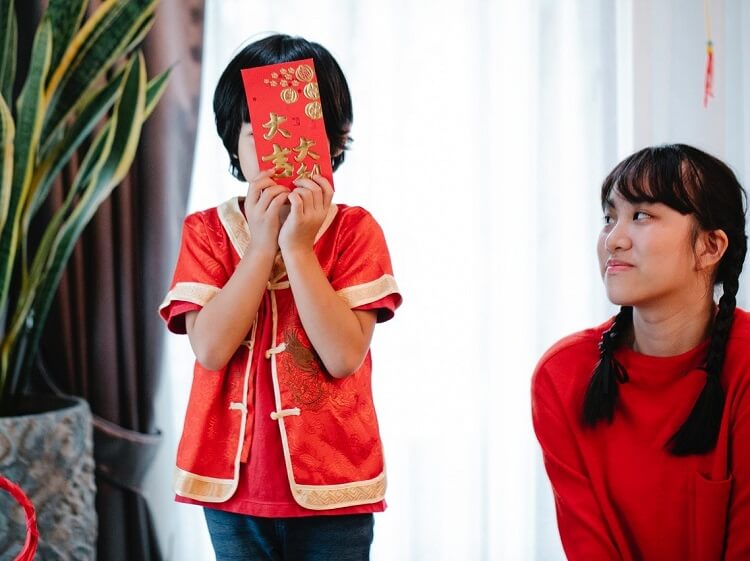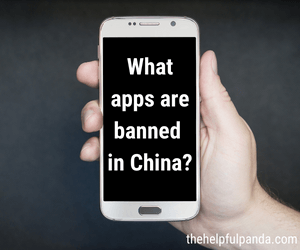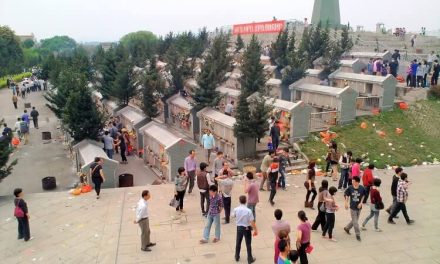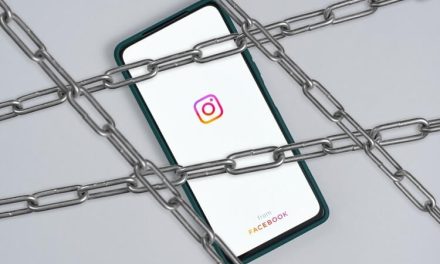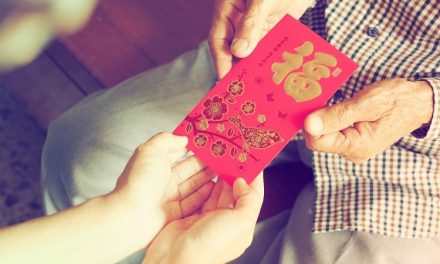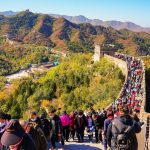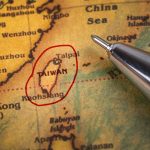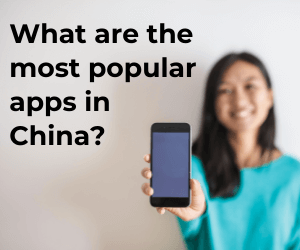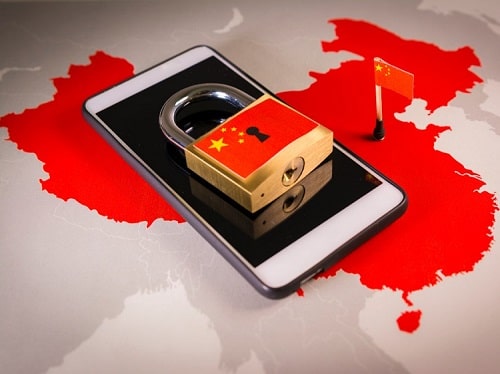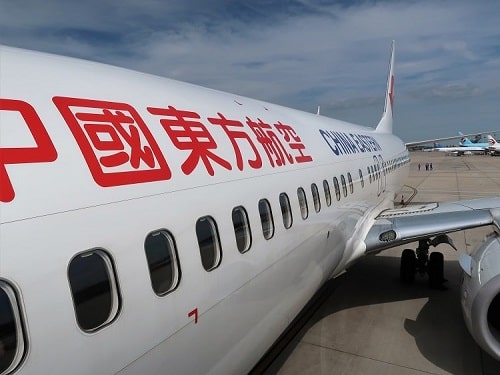Have you ever experienced a real Chinese festival? I mean, actually in China?
Even if people in your home country celebrate some of these festivals, it really can’t compare.
Chinese festivals held in China are more crowded, bigger, more colorful, and definitely noisier than you could ever imagine.
I remember the first festival I experienced in China.
I was woken up at 5 am by firecrackers outside my window and nearly died of shock! And the noise and colors and surprises definitely didn’t end there.
There are of course Chinese festivals that are quieter, but they’re still fascinating, filled with history and customs that you’d just never see back home.
So, let’s take a look at the best festivals in China in date order, and how the locals like to celebrate.
(Note: Only some are public holidays, and I’ve marked them as such.)
1. Chinese New Year (Spring Festival)
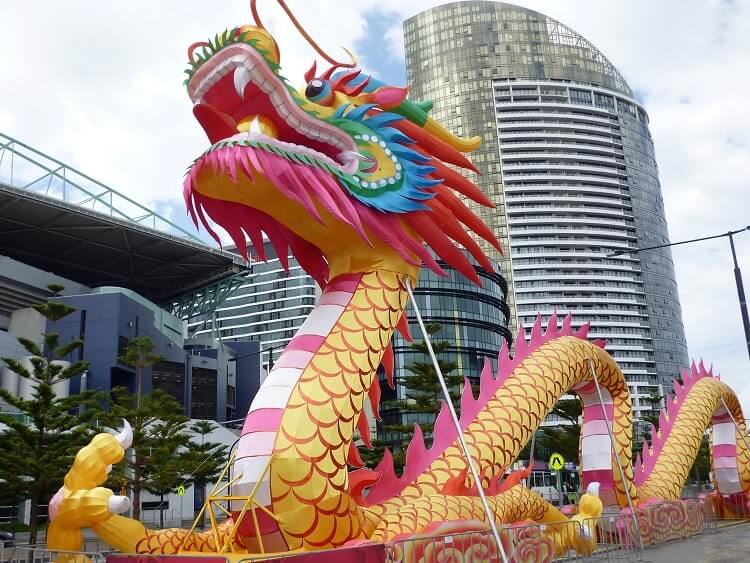
The dragon is a symbol of Chinese New Year. Image supplied by Mike Cairnduff.
- Chinese name: 春节 (Chūn Jié)
- Date in 2024: February 10
- Public holiday: Yes
- Main activities: Family reunion, banquets, letting off firecrackers
This is the biggest traditional Chinese festival and it’s one that you probably have at least a little knowledge about.
Chinese New Year is also known as Spring festival and it’s held on a different date every year, according to the Chinese lunar calendar. According to the Gregorian calendar, the festivities begin on the day of the new moon between the 21st of January and the 20th of February.
Basically, this is a big, colorful, noisy party commemorating the lunar new year and a chance for a family reunion. The celebrations go on for a week in cities all around China.
During the festival, Chinese people usually go home, cook, set off firecrackers, and give red envelopes filled with money. This is why Chinese kids love this time of year!
Many people also watch dragon and lion dances through the main roads of cities.
If you want to go to Chinese New Year while you’re in China, then be aware that it will be very crowded.
The local people travel home at this time, which is known as the world’s largest human migration. So, trains and airports will be crazy, and everywhere you go will be thronged with celebrators.
But if you can stand the crowds, this is an amazing festival to experience in person.
Read more about Chinese New Year.
2. Lantern Festival
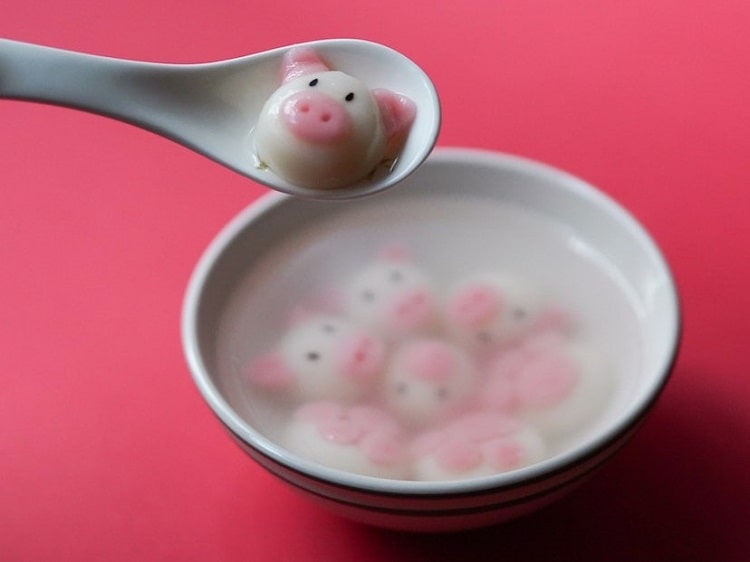
Tangyuan soup is eaten during Lantern Festival. Image by Cats Coming on Pexels.
- Chinese name: 元宵节 (Yuánxiāo Jié)
- Date in 2024: February 24
- Public holiday: No
- Main activities: Spending time with family, eating tangyuan, releasing lanterns
The Lantern Festival is linked to Chinese New Year, as it’s held on the last day of this holiday period. Local people started celebrating it around 2,000 years ago.
During the Lantern Festival, the Chinese people release brightly colored lanterns into the sky to symbolize letting go of the old and welcoming the new. The colorful lanterns are a beautiful sight, slowly rising against the night sky, and the symbolism is really nice too.
If you’re into tech, you’ll love the drone displays which are a modern take on the lanterns.
Read more about the Lantern Festival.
3. Qingming Festival (Tomb Sweeping Day)
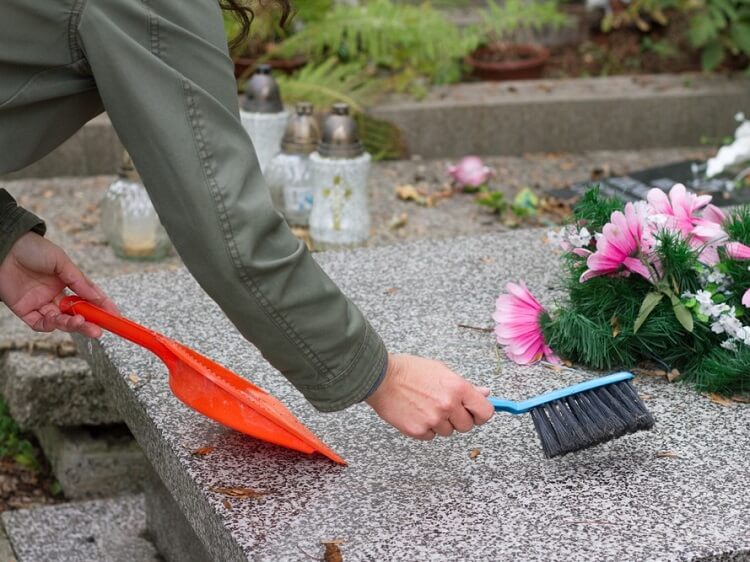
Tomb Sweeping Day is one of the more somber Chinese festivals. Image by udra11 on Shutterstock.
- Chinese name: 清明节 (Qīngmíng Jié)
- Date in 2024: April 4
- Public holiday: Yes
- Main activities: Paying respects to ancestors
The meaning behind this festival is a little grimmer than some of the others. Also known as Tomb Sweeping Festival, Qingming is held around early April and is the time for the local people to honor their ancestors.
The day of the festival is a public holiday, so the Chinese will visit and clean their ancestors’ graves, if they’re not too far away. This is done to show respect to those who came before and usually involves leaving offerings on the graves as well.
Qingming is held at the start of spring, so it’s also celebrated with outdoor activities like picnics and kite flying.
Read more about Tomb Sweeping Day.
4. Dragon Boat Festival
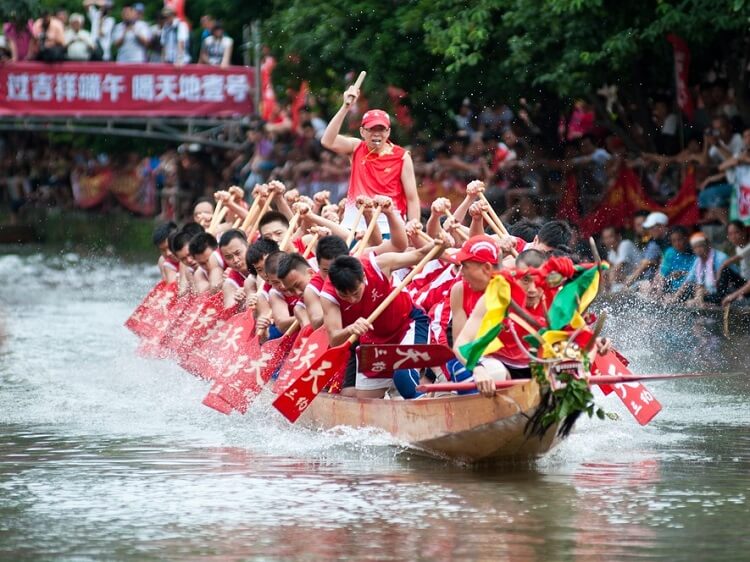
Dragon boat races are a feature of this festival. Image by Windmoon on Shutterstock.
- Chinese name: 端午节 (Duānwǔ Jié)
- Date in 2024: June 10
- Public holiday: Yes
- Main activities: Eating zongzi, watching dragon boat racing
This festival is held on the fifth day of the fifth month of the Chinese lunar calendar and it’s nationwide. It commemorates the death of the poet and minister Qu Yuan during the Zhou Dynasty and the festival has a long history that goes back to ancient China.
Also known as the Duanwu Festival, this holiday is filled with dragon boat races, which sounds strange, but basically means that brightly colored boats compete to see who’s the fastest in whatever body of water happens to be around.
Apart from that, the locals celebrate this festival with feasts and rice dumplings (called zongzi), which even the most jaded travelers would enjoy.
Read more about Dragon Boat Festival.
5. Qixi Festival
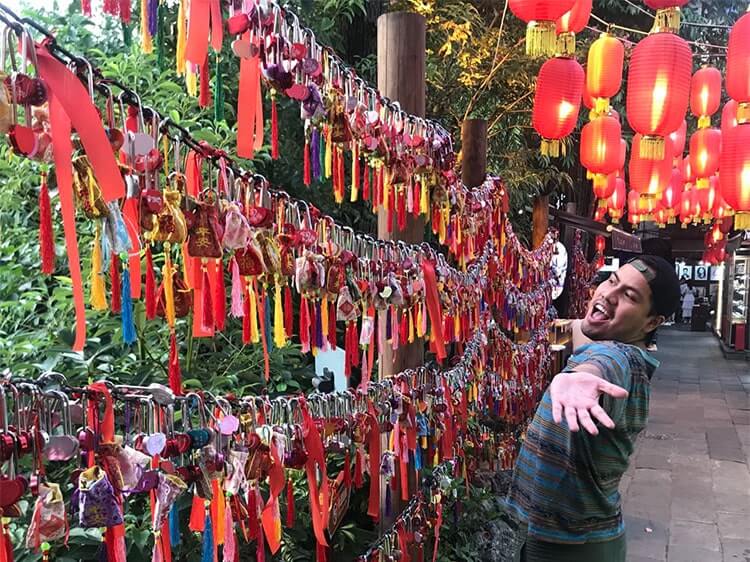
Couples show their commitment to each other with love padlocks. Image supplied by Olivia Seaton-Hill.
- Chinese name: 七夕节 (Qīxī Jié)
- Date in 2024: August 10
- Public holiday: No
- Main activities: Shopping, spending time with your partner
The Qixi Festival is China’s Valentine’s Day and is held on the seventh day of the seventh lunar month. Also known as Qiqiao Festival and Double Seventh Festival, this day comes complete with a romantic little origin tale.
According to the story, a god and a goddess, Niulang and Zhinu, fell in love but weren’t allowed to be together. As punishment, Zhinu was made to weave clouds and Niulang was sent to earth, where he suffered through human life.
They were eventually reunited on earth, got married, and had children.
However, when their reunion was discovered, Zhinu was forced to come back to heaven and the lovers were separated by the Milky Way.
The only time they could meet was on the seventh day of the seventh month, when magpies made a bridge over the stars for them.
Today, this festival is celebrated in a more modern way, with gifts of flowers, chocolates, and other presents.
Read more about Chinese Valentine’s Day.
6. Hungry Ghost Festival
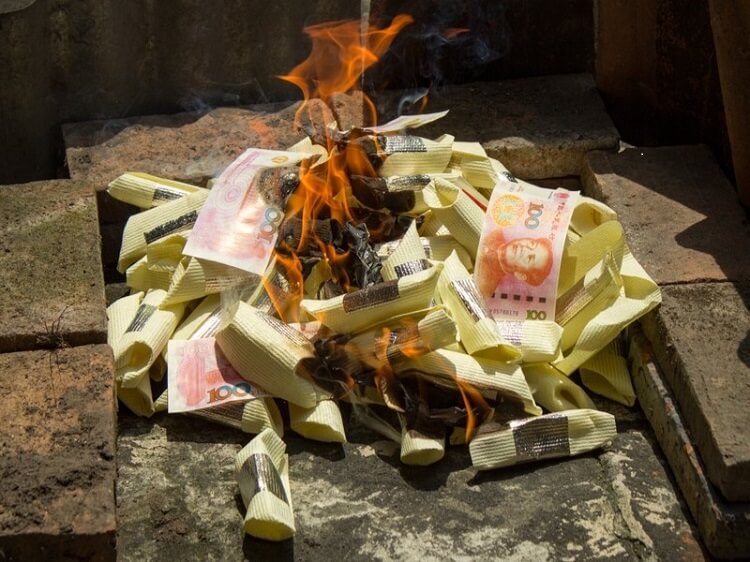
Burning fake money is said to ward off evil spirits. Image by Renhue on Shutterstock.
- Chinese name: 中元节 (Zhōngyuán Jié)
- Date in 2024: August 18
- Public holiday: No
- Main activities: Commemorating the dead
You may not have heard of this festival, but it’s one of the most traditional in the Chinese calendar.
The Hungry Ghost Festival is part of the Chinese folk religion Daoism, which prescribes special rituals and ceremonies for the deceased during the seventh lunar calendar month.
During this festival, some Chinese people make offerings of food, candles, paper money, and joss sticks to the dead. These gifts are often burned to appease the wandering spirits.
Although Daoism is one of the approved religions in China, this festival is very low-key.
Read more about Hungry Ghost Festival.
7. Mid-Autumn Festival
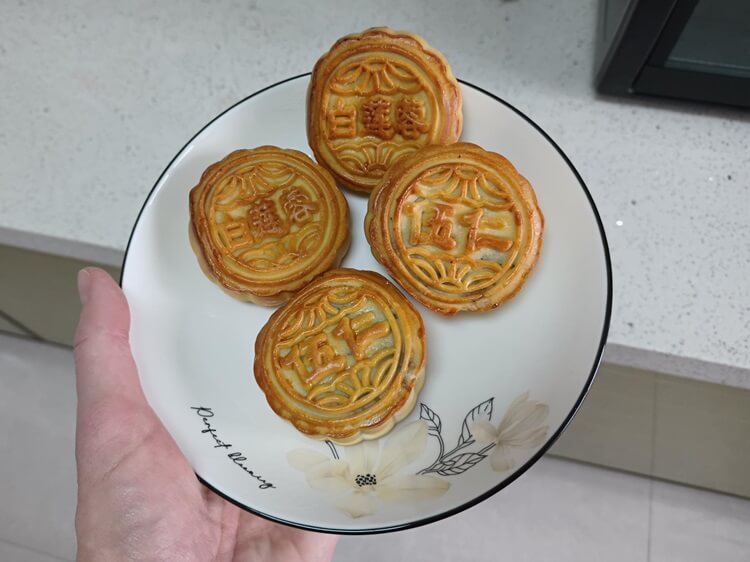
Moon cakes are synonymous with Mid-Autumn Festival. Image supplied by Mike Cairnduff.
- Chinese name: 中秋节 (Zhōngqiū Jié)
- Date in 2024: September 17
- Public holiday: Yes
- Main activities: Eating mooncakes, looking at the moon and being thankful
Mid-Autumn Festival is one of the most important traditional Chinese festivals.
It’s celebrated on the 15th day of the eighth month of the Chinese calendar, when there’s usually a full moon. That’s why it’s also known as the Moon or Mooncake Festival.
This corresponds to somewhere between mid-September and early October in the Western calendar.
Mid-Autumn Festival is a traditional holiday that stems from moon worship and symbolizes the harvest and the bond of families.
Today, the Chinese people gather with their families to see the full moon, which is a symbol of harmony and luck, and eat moon cakes. A delicious meal is also part of the celebrations of course.
Read more about Mid-Autumn Festival.
8. Chongyang Festival
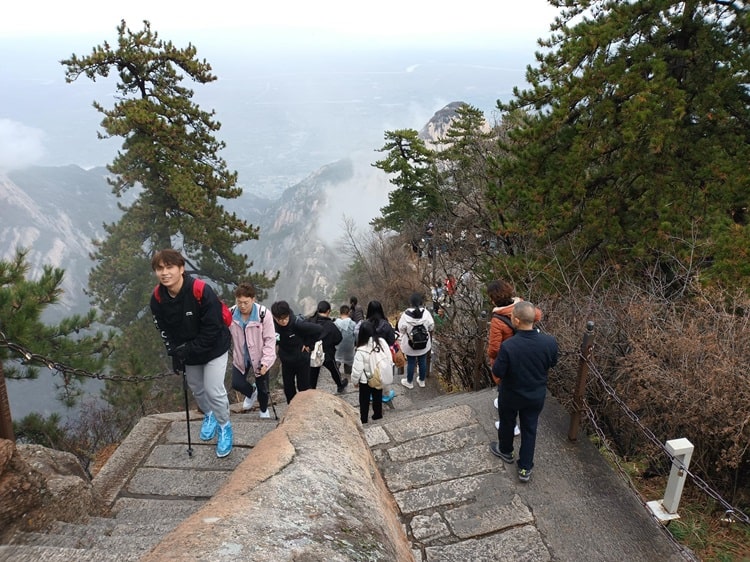
Locals climbing a mountain to celebrate Chongyang Festival. Image supplied by Mike Cairnduff.
- Chinese name: 重阳节 (Chóngyáng jié)
- Date in 2024: October 11
- Public holiday: No
- Main activities: Appreciating chrysanthemum, hiking, eating Chongyang cakes
Chongyang Festival is held on the ninth day of the ninth lunar month, which is why it’s also known as the Double Ninth Festival.
In ancient times, people celebrated this day by going mountain climbing. The day also came to be associated with chrysanthemums, as they typically bloom around October, and people would drink chrysanthemum wine.
In the modern world, these histories have merged with the idea of honoring the country’s elders, resulting in what’s now known as Senior People’s Day. And the way the Chinese people celebrate this holiday is with ideas that are drawn from all of these roots.
They visit their senior family members, climb mountains, admire the blooming chrysanthemums, and eat Chongyang cake (layered steamed rice flour cake with dates and nuts).
Read more about Chongyang Festival.
9. Double 11 Festival (Singles Day)
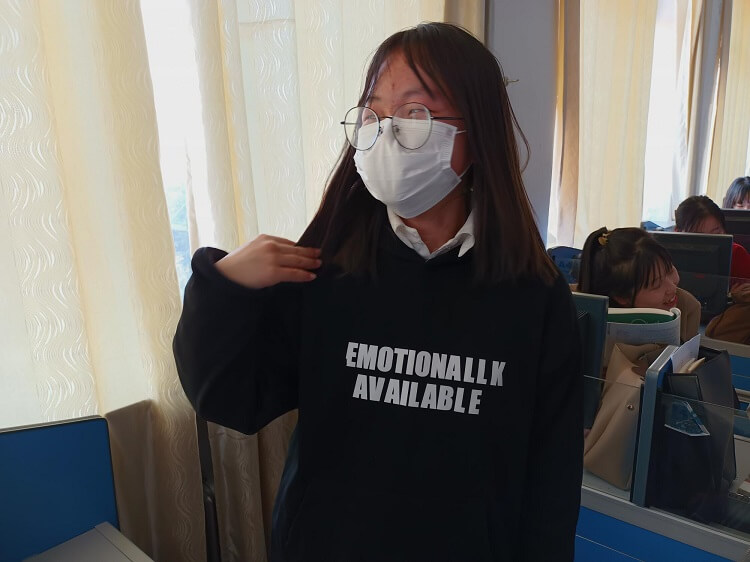
Double 11 is one of the modern Chinese festivals celebrating singledom. Image supplied by Mike Cairnduff.
- Chinese name: 双11 (Shuāng 11)
- Date in 2024: November 11
- Public holiday: No
- Main activities: Online shopping, singles having fun together
This is the newest Chinese festival on this list, and one of the most exciting if you like to bag a bargain. Double 11 is the country’s biggest shopping festival.
It’s also called Singles Day (hence the two 1s). The day is said to have started in Nanjing a few decades ago, when university students wanted to celebrate being single. So, it’s kind of like an anti-Valentine’s Day.
Double 11 is one of the most popular festivals for young people because it’s all about online shopping. It’s actually much bigger than Black Friday in the US.
It’s also one of the few Chinese festivals that doesn’t rely on the lunar calendar, so it’s easy to put this one in the diary!
Read more about Double 11 Festival.
10. Ice and Snow Festival
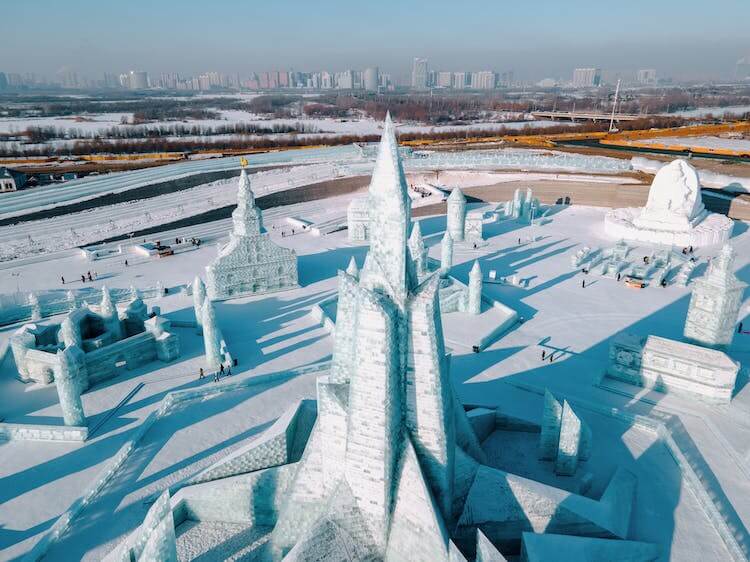
See spectacular ice sculptures in Harbin, Heilongjiang province. Image by Kent Zhong on Pexels.
- Chinese name: 冰雪节 (Bīngxuě Jié)
- Date in 2024: Starts December 20 and goes until the end of winter
- Public holiday: No
- Main activities: Admiring ice sculptures, tobogganing, ice skating
This festival doesn’t have a long history, but it’s a highlight in China anyway.
Held from December to the end of February, the Ice and Snow Festival is located in Harbin, in China’s north. It celebrates the endless cold and all the fun that can be had in the snow.
The full name for the festival is actually ‘Harbin International Ice and Snow festival’.
The highlight of the festival is the ice sculpture displays. This is the largest ice festival in the world and boasts numerous ice sculptures of all sizes and shapes.
And of course, while you’re in the snow, you can enjoy a range of winter activities from skiing to snowshoeing and ice skating too.
I’m not a snow bunny, so I can’t say I’ve been to Harbin. But from what I’ve heard, this is the reason you’d want to go there.
Read more about the Snow and Ice Festival.
11. Winter Solstice
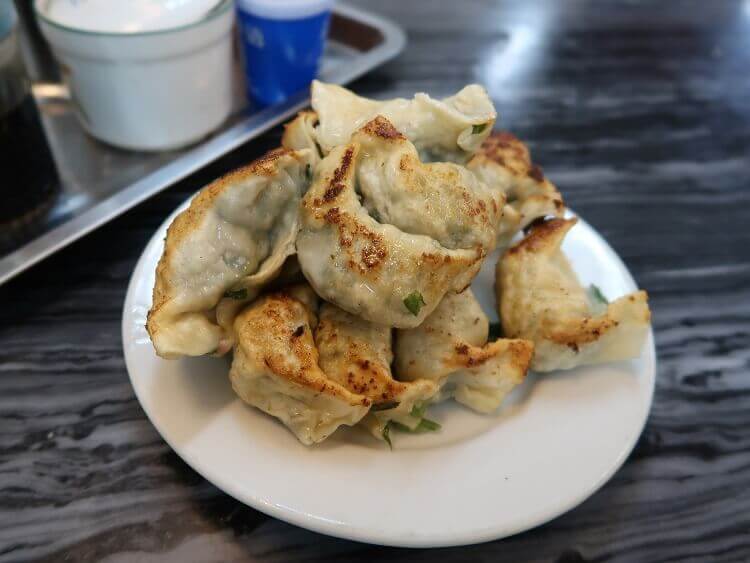
Eating dumplings is one way people celebrate Winter Solstice. Image supplied by Mike Cairnduff.
- Chinese name: 冬至 (Dōngzhì)
- Date in 2024: December 21
- Public holiday: No
- Main activities: Eating dumplings and tangyuan
Winter Solstice in China is held in late December each year, according to the Chinese lunar calendar. It marks the shortest day and longest night of the year.
During this holiday, Chinese people get together with their family members and have a feast of dumplings or tangyuan, which is a soup filled with glutinous rice balls.
Read more about Winter Solstice.
What about Christmas?
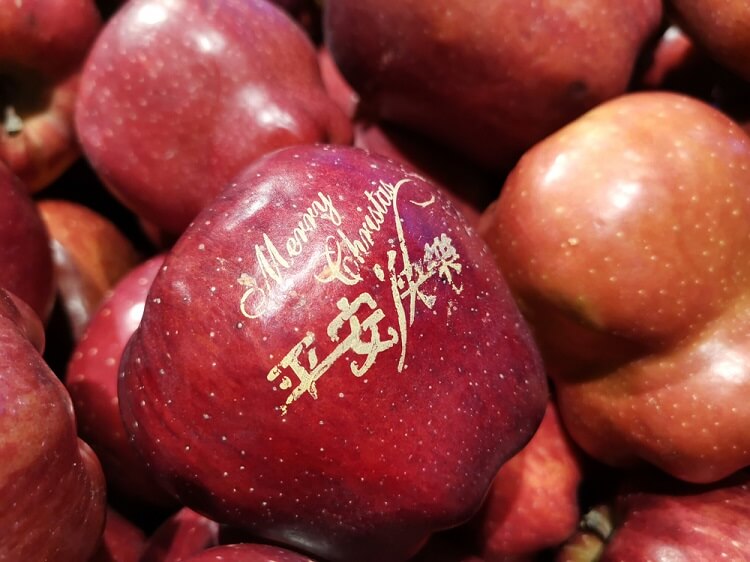
Decorated apples are a Chinese Christmas tradition. Image by PLA0081 on Shutterstock.
The Chinese love celebrating Christmas. It’s the one foreign festival that they all know.
China celebrates Christmas in a unique way and they even have their own traditions. You could call it “Christmas with Chinese characteristics”.
For more on this, have a read of Mike’s Christmas in China facts article.
Psst! A quick travel tip
Are you heading to China soon to experience a festival?
If so, you’ll need a virtual private network (VPN) if you want to access your favorite websites and apps using hotel Wi-Fi.
(You can look up all the apps banned in China but it’s all the big ones including Google, Facebook, Insta, TikTok, WhatsApp, YouTube etc.)
Please refer to my review on the best VPN for China to make sure the one you choose works in the country.
Otherwise, if you’re ready now, tap on the button below for the one I recommend and use in China myself.
Just make sure you download the VPN before you arrive in China, as you won’t be able to access the VPN’s website once you’re there.
Chinese festivals: the takeaway
So, did I convince you to experience at least one of these major festivals?
If you can only see one, then I recommend Chinese New Year. It may be huge, crowded, and crazy, but being there is an absolutely amazing, unforgettable experience that everyone should have at least once.
Just make sure you’ve got some friends or family to celebrate it with.
Experiencing it with the locals is a great way to learn more about Chinese culture.
I hope you liked my summary of the most fascinating and popular Chinese festivals. Next, check out the article I wrote on the best time to visit China.
Main image credit: Angela Roma on Pexels.
FAQ about Chinese festivals
What are the main festivals of China?
Spring Festival (Chinese New Year) is undoubtedly the biggest festival, followed by Mid-Autumn Festival, Dragon Boat Festival, and Qingming Festival. These are the most popular because they’re also public holidays.
What is the biggest holiday in China?
Spring Festival is the biggest because it’s the longest and the most auspicious. It’s celebrated at the turn of the lunar calendar, which is in late January or early February.
What is the best Chinese festival?
It’s subjective but most Chinese would say Spring Festival because the festivities last for 15 days and it’s a very special time of the year. Many people travel long distances to spend time with their family, do lots of cooking, eat delicious foods, and give red envelopes to each other.


